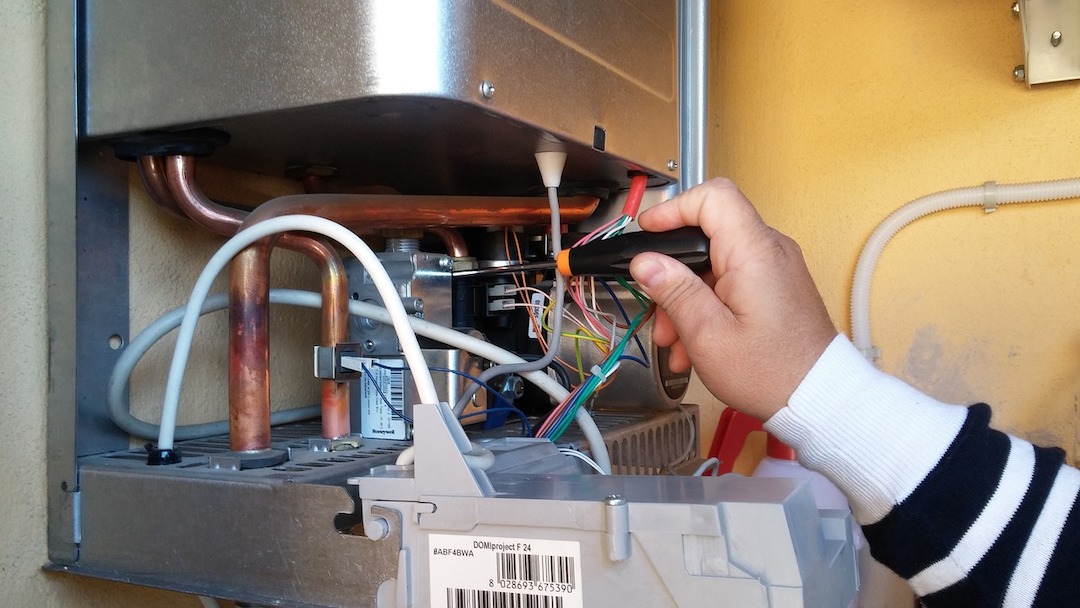Efficient electric hot water heating technologies significantly reduce the carbon emissions of multifamily buildings, according to a report by the American Council for an Energy-Efficient Economy (ACEEE) and New Buildings Institute (NBI).
In multifamily buildings with five or more units, water heating uses more energy than space heating, cooling, or lighting, the report says. Converting gas-fired water heaters to advanced technology—electric heat pump water heaters (HPWHs)—would cut greenhouse gas emissions from water heating by an average of 58%.
If HPWHs are powered entirely by clean sources, they cause zero emissions, making them a critical tool for decarbonizing the economy. Efficient electric water heaters carry a higher upfront cost over gas models, so policymakers would have to provide incentives to owners to make the conversion, the report says.
“Many utilities offer incentives for building or unit owners to install in-unit heat pump hot water heaters,” an ACEEE/NBI news release says. “Yet few programs are designed specifically for multifamily buildings, which offer unique challenges.”
Related Stories
Codes and Standards | Dec 9, 2020
Investors want building resiliency plans and risk mitigation practices
Owners should assess risk, insurance coverage, and ability to withstand disasters.
Codes and Standards | Dec 4, 2020
OSHA cites more than 200 employers for COVID-19 violations
Agency releases guidance on lessons learned from pandemic inspections.
Codes and Standards | Dec 1, 2020
Pandemic spurs nearly 16 million people to move from major cities
Most of the movement seems permanent.
Codes and Standards | Nov 30, 2020
USGBC ready to catalyze LEED Positive future
New programs, updates will spur shift to regenerative strategies.
Codes and Standards | Nov 30, 2020
Updated spec for self-adhering flashing surrounding exterior fenestration products released
FGIA document was last updated in 2013.
Codes and Standards | Nov 30, 2020
Finalized 2021 Energy Code leaves out future-proofing provision
Appeals process nixed requirement for residential electrification readiness.
Codes and Standards | Nov 23, 2020
GBCI turns over GRESB ownership to global investment firm
Organization assesses sustainability performance of real estate and infrastructure portfolios and assets.
Codes and Standards | Nov 23, 2020
New industrywide clay brick EPD launched
Contributes toward LEED v.4.0 and v.4.1 materials and resources requirements.
Codes and Standards | Nov 19, 2020
The ‘15-minute city’ could transform municipal planning
Concept aims for car-free living.
Codes and Standards | Nov 18, 2020
Commissioning study finds median energy savings of 3% to 16%
Berkeley Lab examines results of commissioning across building types.

















